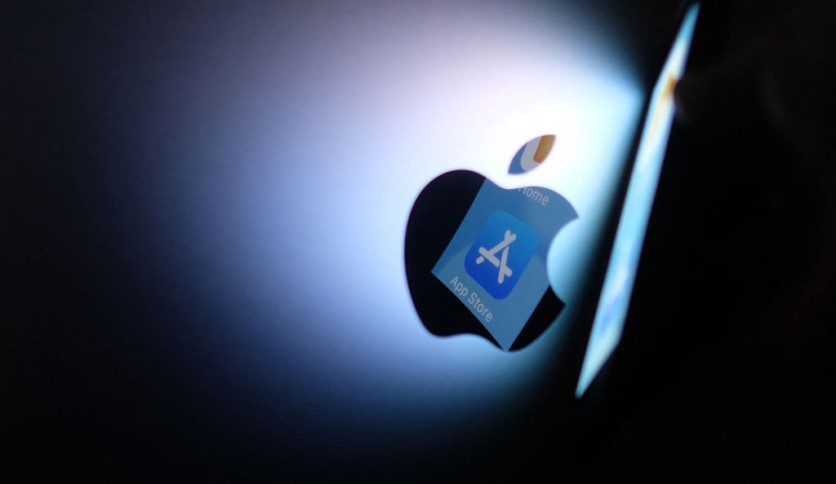Apple has announced a new type of software release for iPhone, iPad, and Mac called Rapid Security Responses. These updates will deliver important security improvements between regular software updates, allowing for more timely and efficient security fixes.
These updates will provide quick solutions to security issues that are reported to exist "in the wild." They can also address security vulnerabilities that hackers have already exploited.

Applied Automatically
The Rapid Security Responses are delivered only for the latest version of iOS, iPadOS, and macOS, starting with iOS 16.4.1, iPadOS 16.4.1, and macOS 13.3.1.
Apple noted that users do not have to worry about manually applying these updates as their devices are set to allow Rapid Security Responses to be applied automatically. If necessary, the user will be prompted to restart their device after the update is applied.
To check if the Rapid Security Responses are enabled on their device, users can go to Settings > General > Software Update > Automatic Updates for iPhone or iPad. For Mac users, choose Apple menu > System Settings > General > Software Update > Show Details for Mac.
Once a Rapid Security Response has been applied, a letter will appear after the software version number. For example, macOS 13.3.1 (a) indicates that a Rapid Security Response has been applied.
Read Also : Apple App Store is Going Big in WWDC 2023, VP Talks About New Developments and Features Coming
Users Encounter Issues
Although Rapid Security Responses have been launched to improve the security of Apple devices, TechCrunch reports that some customers had issues with installing the updates.
TechCrunch tested the update on multiple Apple devices, including an iPhone, iPad, and Mac, and found that the updates were downloaded but did not install immediately. Despite this, Apple has not made any comments, leaving it unclear what security issues the updates address.
Over the past few weeks, researchers have discovered that spyware makers QuaDream and NSO Group have developed new exploits specifically aimed at targeting iPhone users worldwide.
According to a report from Citizen Lab, a cybersecurity watchdog, last month, Apple's Lockdown Mode, a feature introduced last year to counter targeted attacks, managed to block at least one exploit developed by NSO Group.
The said exploit had taken advantage of a vulnerability in Apple's smart home feature, HomeKit, which allows users to manage smart home devices.
The report indicated that the spyware makers had exploited previously undisclosed vulnerabilities in Apple's software, allowing them to covertly extract data from victims' devices without their knowledge.
The new security feature aims to address security concerns promptly, and users are encouraged to enable automatic updates to receive the latest security improvements.
However, it remains to be seen if the Rapid Security Responses can effectively mitigate newly discovered security issues and how Apple will address the installation issues encountered during the rollout.
Related Article : Amazon Listing Suggests Apple's Beats Studio Buds+ Will Have Transparent Design Option; Coming on May 18 [LEAK]

ⓒ 2026 TECHTIMES.com All rights reserved. Do not reproduce without permission.




